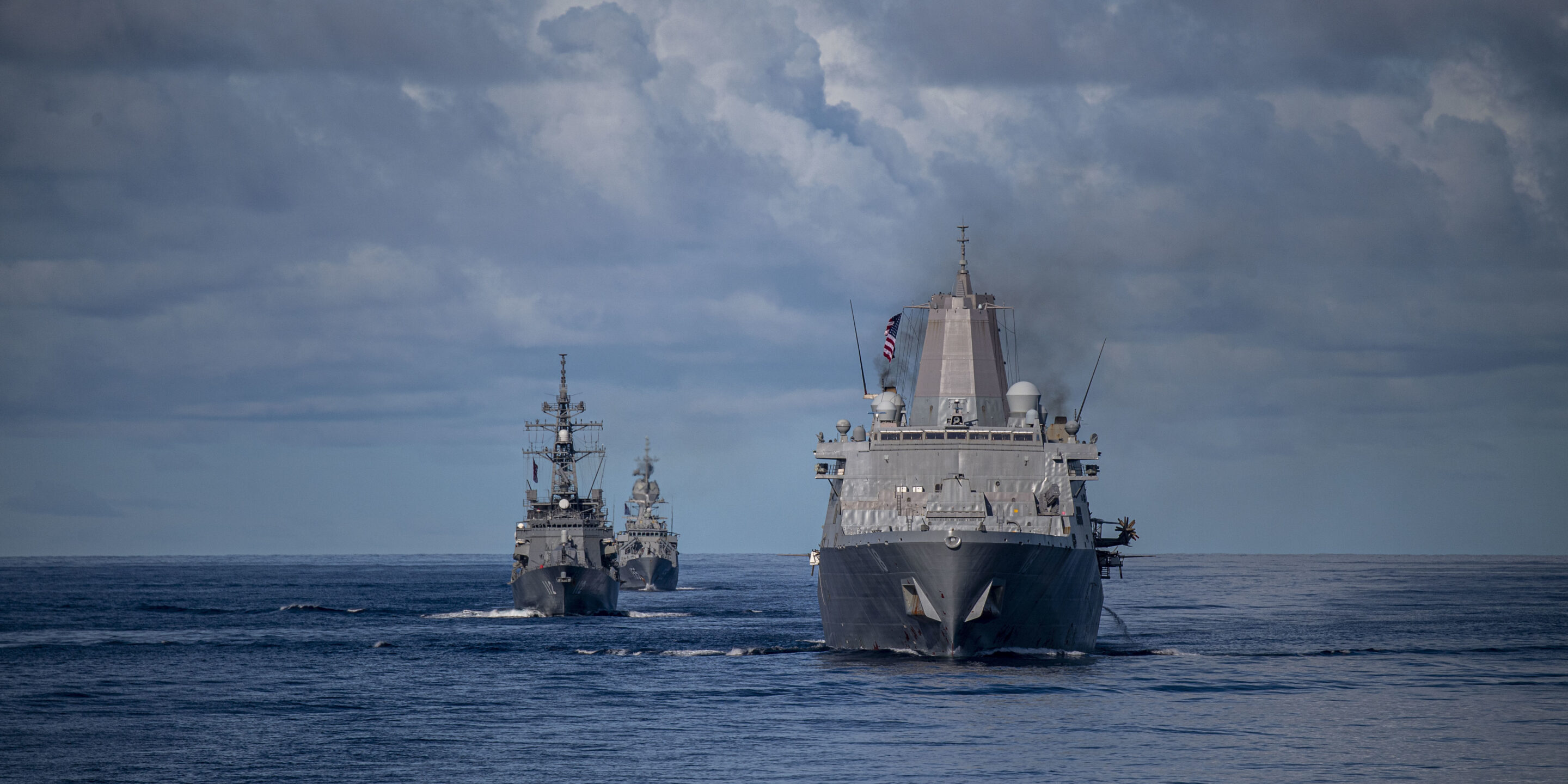
General Flynn and Lieutenant Colonel DeVine list several reasons why the Army has a critical role to play in the Indo-Pacific, but the arguments related to long-range fires, sustainment, and persistent forward presence have serious flaws.
The discussion about the “Ring of Fires” concept does not address a major roadblock to the forward deployment of U.S. ground-based missiles-—namely, which countries would consent to have such weapons on their territory. Japan is the only U.S. ally in Asia that has expressed a willingness to consider the deployment of ground-based missiles. But with Japan developing its own “counterstrike capabilities,” Tokyo might conclude it does not need to host U.S. missile systems, avoiding the domestic political headaches they inevitably would stir up. Australian officials are on record against hosting U.S. missiles; the Philippines and South Korea remain wary of provoking Beijing; and Thailand has eschewed an anti-China stance altogether. Moreover, many of these countries are already developing or purchasing long-range strike capabilities, obviating the perceived need to deploy U.S. missiles there.
Author

Matthew
Mai
Research Associate
More on Asia

December 17, 2024

Featuring Lyle Goldstein
December 15, 2024
Featuring Jennifer Kavanagh
December 11, 2024

December 5, 2024

Featuring Jennifer Kavanagh
December 5, 2024



